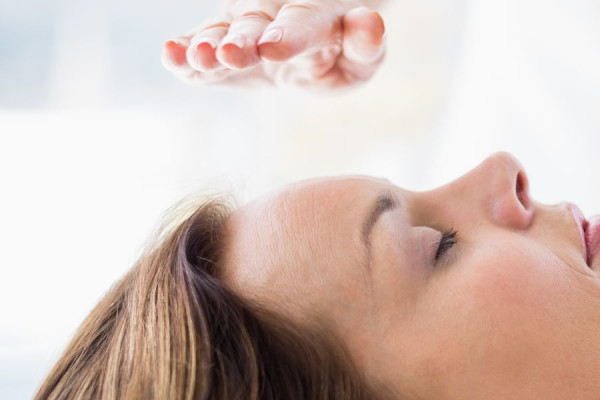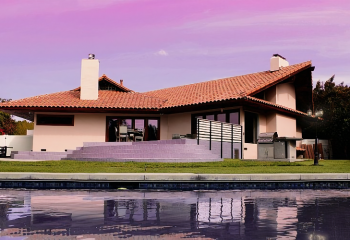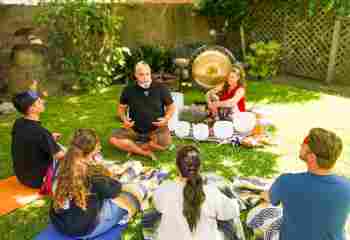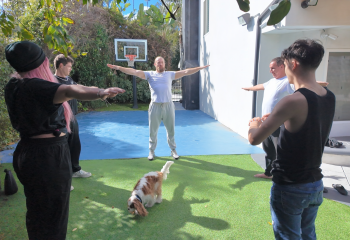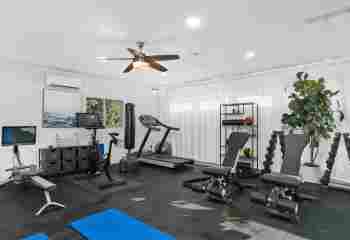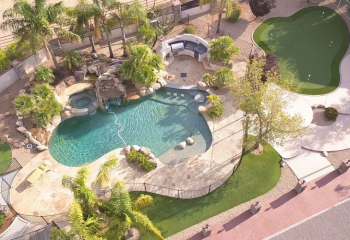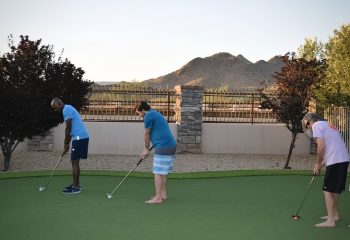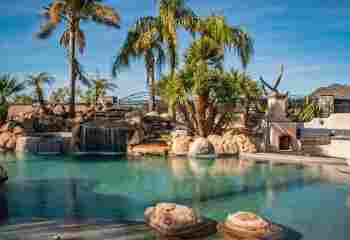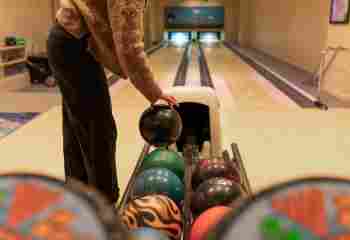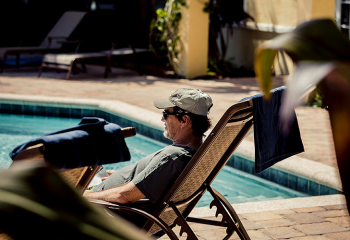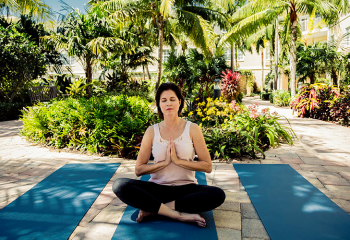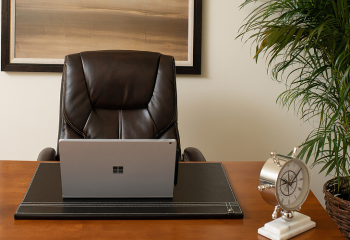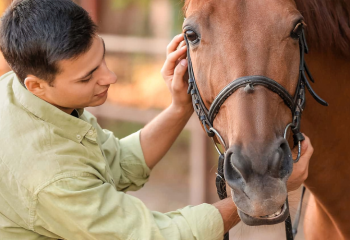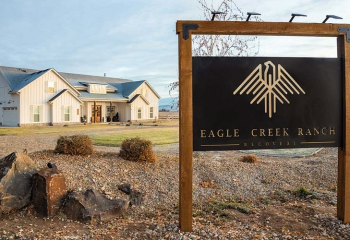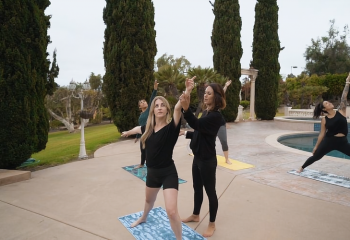Reiki is a form of alternative therapy that originates from Japan. The term "Reiki" is composed of two Japanese words: "rei," which means "universal," and "ki," which means "life energy." Reiki practitioners believe this vital energy flows through all living things and that disruptions or imbalances in this energy can lead to physical, emotional, or spiritual issues. This practice helps open your chakras, or energy points across various regions of the body, to balance your energy. Reiki should help alleviate pain, reduce stress, and offer balance and harmony. It can be a key part of spiritual healing.
How Does It Work?
Reiki therapy involves a practitioner using their hands to channel this healing energy to the client. The practitioner typically places their hands on or near the client’s body in specific positions, intending to promote relaxation, stress reduction, and overall well-being. The client is usually fully clothed and lying down in a peaceful and quiet environment.
During a Reiki session, the practitioner follows steps to facilitate the flow of healing energy. They typically work from the head down to the feet. The practitioner focuses on channeling healing energy through their hands to the client. They will use a variety of hand positions that correspond to different areas of the body. The practitioner's hands remain still for a few minutes in each position to allow the energy to flow. Recipients might experience various sensations during a session, such as warmth, tingling, or a sense of relaxation. However, experiences vary widely; some people may not feel any particular sensations.
Benefits of Reiki
You can experience many benefits from Reiki, including:
- Relaxation
- Pain management
- Enhanced energy
- Sleep support
- Emotional balance
- Better overall well-being
Are There Any Risks to Reiki?
Generally, there are no risks to Reiki, especially if you approach Reiki with an open mind and realistic expectations. While many people find it beneficial, others may experience little effect.
Learning and Applying Reiki in Your Life
If you want to incorporate Reiki into your life, you can schedule sessions with a licensed practitioner and additionally learn this practice yourself. You can seek out formal training and receive attunements from a qualified Reiki master in your area. You can also attend workshops to learn about Reiki principles, history, techniques, and ethics.
An important part of this journey is practicing self-healing. After some training, you can start practicing Reiki on yourself. Soon after, you can practice Reiki on friends and family. This will help you gain confidence and experience. Reiki offers a lifelong journey of learning and growth.
Reiki in Recovery
Reiki can be a great complementary therapy in your recovery plan. Healing holistically, looking at all areas of your life including mind, body, and spirit, can be essential. Reiki should not be considered a standalone addiction or mental health disorder treatment. Instead, it can be used as a supplementary practice alongside other evidence-based therapies.
Reiki may be beneficial in your recovery if you need help with stress management, mindfulness, and emotional healing. This practice can teach you new coping mechanisms to manage difficult emotions.
If you think Reiki could be for you, talk to your care team about how you can add this into your recovery plan.






